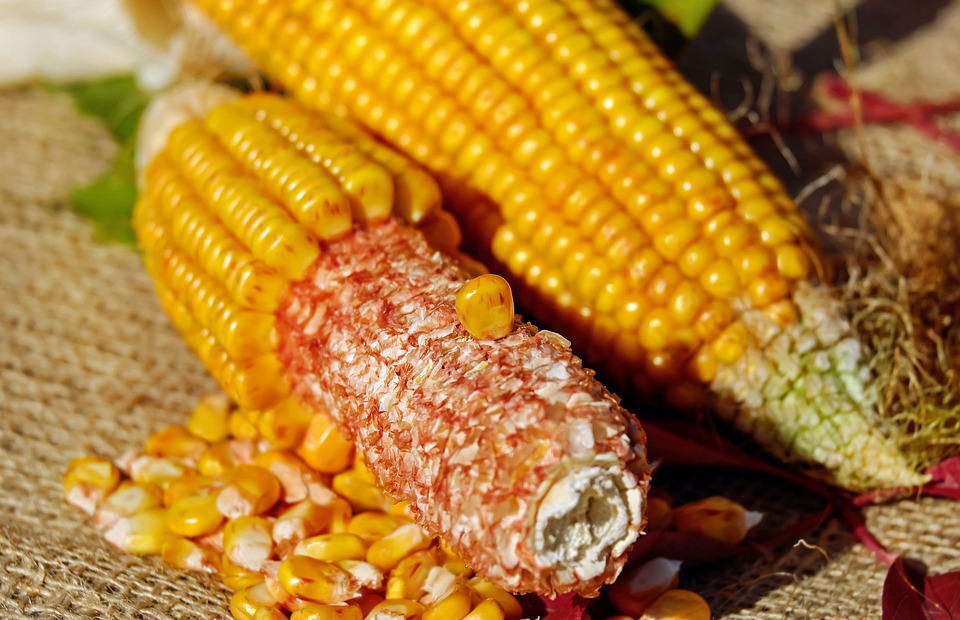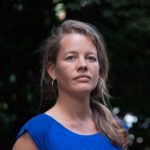Vice Versa special over zaden | Access to seeds is crucial, but how to develop entrepreneurship in a postconflict country with farmers used to free seed distribution? ‘We want to make business in the value chain.’
Burundian farmer Léonidas Nimpagaritse is a producer of maize and potato seed and a real entrepreneur. His enterprise stretches over 60 ha and he employs a seasonal workforce of up to 400 laborers. Nimpagaritse has a storage hangar that can contain 60 metric tons of agricultural produce. Recently he bought a van to sell his surplus. He recently hired a secretary to keep record of all his expenses. Besides all that, he is the president of a seed production cooperative. More plans are popping up, such as having his own product label to improve the marketing of his seeds.
Nimpagaritse is one of the roughly 200 registered seed producers who will be supported to professionalize their seed business by the Integrated Seeds Sector Development Project (ISSD), a four year program that started in 2014 and aims to increase small farmers’ access to quality seeds.
Emerging entrepreneurs like Nimpagaritse are badly needed in Burundi. Its economy is backboned by family farming, with approximately 90% of the ten million inhabitants depending on agriculture for their daily bread. But frequent natural hazards and twelve years of civil war have left deep scars. Agricultural production is low and malnutrition levels are high (12%). Food crises are common, whereas the densely populated country has many mouths to feed. Burundi is ranked as one of the poorest countries in the world and the hungriest in East-Africa.
(…)
Het hele interview is (gratis) te lezen in de Vice Versa special over zaden voor de kleine boer.


